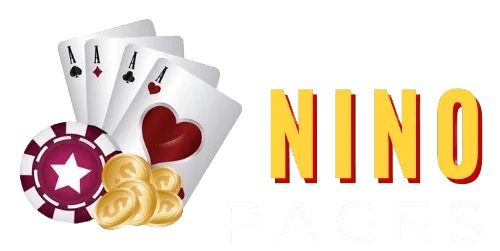Though it was discontinued over a decade ago, the PlayStation Portable (PSP) continues to command a loyal fanbase. The system delivered experiences far richer and more diverse than many expected from a handheld console. What truly sets PSP games apart is their ambition—they dared to bring full-fledged gaming experiences into your hands, often without cutting corners. Even today, PSP situs pttogel games are celebrated as some of the best portable titles ever made.
The sheer variety within the PSP’s library is one of its most compelling strengths. From sprawling RPGs to quirky rhythm games and intense shooters, there was something for everyone. This wasn’t a console that only catered to one type of gamer—it welcomed them all. Games like LocoRoco and Patapon brought charm and creativity to the platform, using unique mechanics that felt tailor-made for handheld play. At the same time, titles like SOCOM: U.S. Navy SEALs Fireteam Bravo delivered tactical shooter action typically reserved for home consoles.
The PSP also served as a haven for RPG fans. Crisis Core: Final Fantasy VII is a standout example, telling the emotional prequel story of Zack Fair while refining the active battle system that would later inspire Final Fantasy VII Remake. Persona 3 Portable adapted a beloved console RPG into a format that not only worked on the PSP—it thrived. By offering the choice between protagonists and streamlining gameplay, Atlus proved that large-scale RPGs could fit comfortably into a portable experience.
Action games shined just as brightly. God of War: Ghost of Sparta and Chains of Olympus brought the full brutality of Kratos’s mythological rampage to the small screen. Far from being side-stories or filler content, these games featured rich lore, impressive graphics, and the same visceral combat the series is known for. They showed that even high-intensity action games could be executed flawlessly on a handheld.
Perhaps the most socially influential PSP game was Monster Hunter Freedom Unite. While not initially a massive hit in the West, it became a cultural juggernaut in Japan, where friends would gather to hunt monsters together via local multiplayer. The game’s deep customization, cooperative combat, and sense of community made it a standout, sparking the kind of group gaming experiences usually associated with home consoles or online games.
Even beyond its launch window, PSP games have aged remarkably well. Their emphasis on strong design, tight controls, and self-contained experiences makes them just as enjoyable today. With the rise of emulation and digital re-releases, a whole new generation of players is discovering the magic of these classic titles.
The PSP may not have dominated the market in the way that some consoles did, but its game library stands as a testament to creativity, ambition, and portable innovation. For many players, PSP games were more than just something to pass the time—they were full-fledged gaming experiences that proved handheld didn’t have to mean watered-down. In many ways, they still represent the gold standard of portable gaming.
